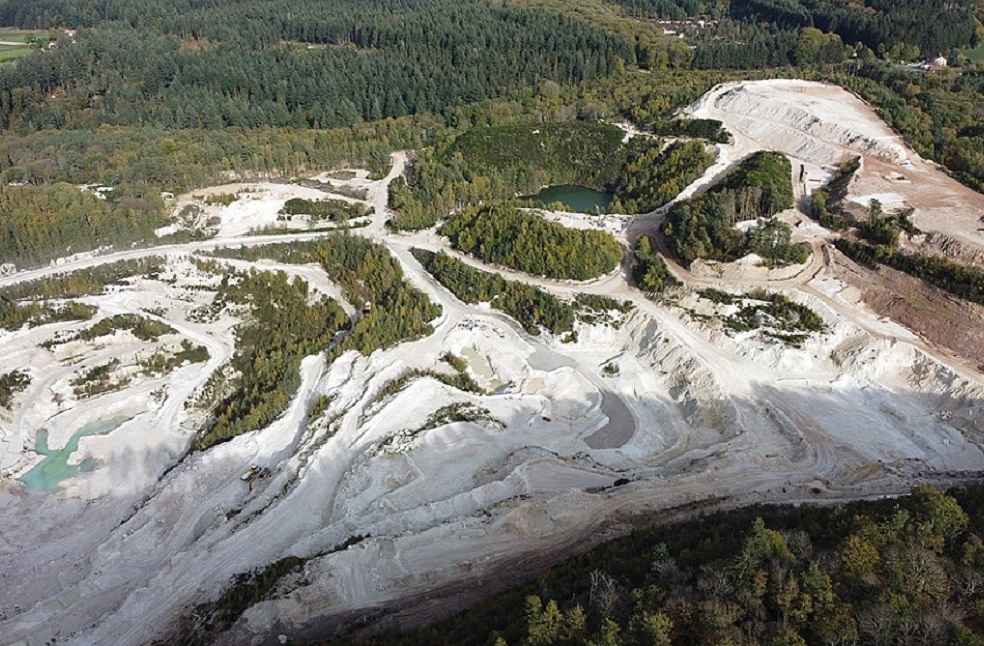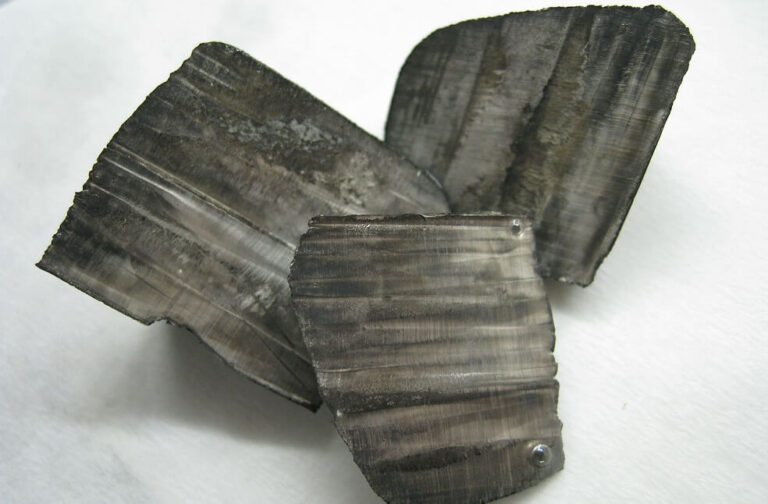Bolivia: Chinese battery giant CATL has been chosen to help develop Bolivia’s huge, but largely untapped, reserves of lithium after a lengthy bidding process involving firms from the United States and Russia.
The deal, announced at an event in the country’s political capital, La Paz, would see the CBC consortium partner on direct lithium extraction from the country’s Uyuni and Oruro salt flats.
Bolivian President Mr. Luis Arce stated that the CATL-led consortium was launching the “historic” industrialisation of lithium in Bolivia. “More than $1 billion (£807 million) will be invested in the project’s first phase,” the President remarked.
Technical hurdles and a lack of infrastructure have long delayed the extraction of lithium in Bolivia, whose reserves are estimated at 21million tonnes.

The agreement can favour the South American country’s huge potential as a supplier of lithium for batteries needed to power the global shift to electric vehicles, although projects to mine the ultralight metal take many years. However, doubts remain about the direct extraction technology being used.
Energy Minister Mr. Franklin Molina claimed that the move showed there were “sovereign alternatives to the privatisation models of lithium exploitation.” Bolivian state firm YLB is set to supervise and take a central role in the project.
CATL is the world’s largest EV battery manufacturer but does not currently produce any lithium, although it has invested in a number of Chinese projects. Bolivia, together with Argentina and Chile, is the top of the so-called “lithium triangle,” which contains more than half the world’s resources of the metal.



